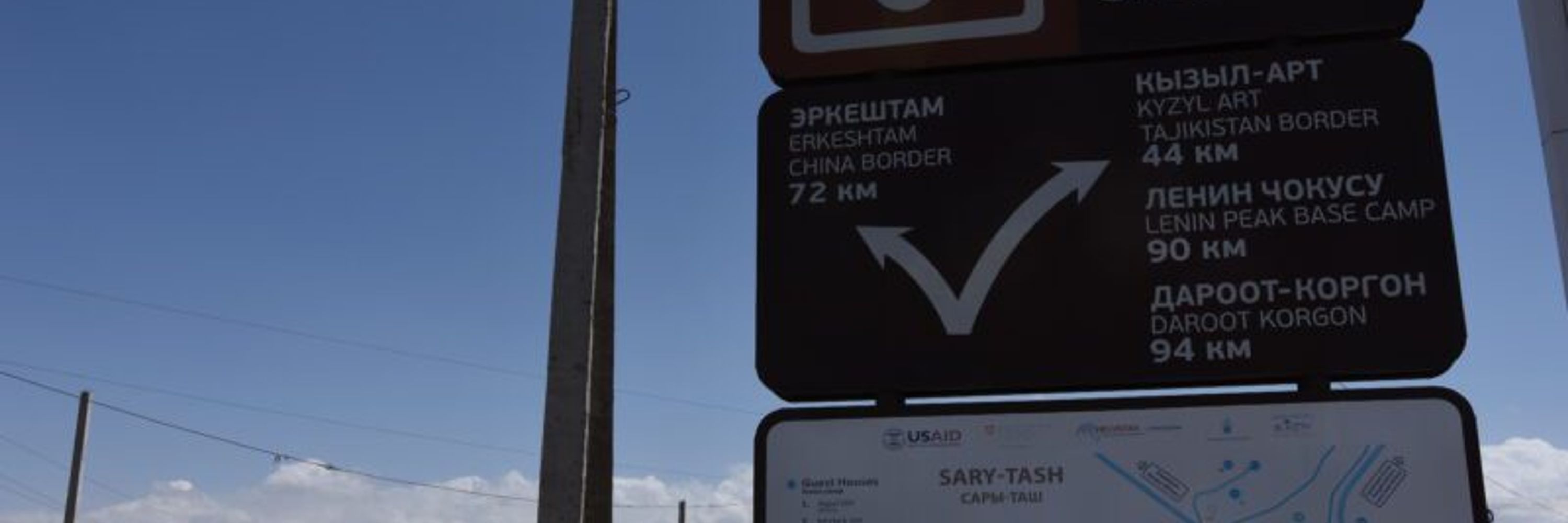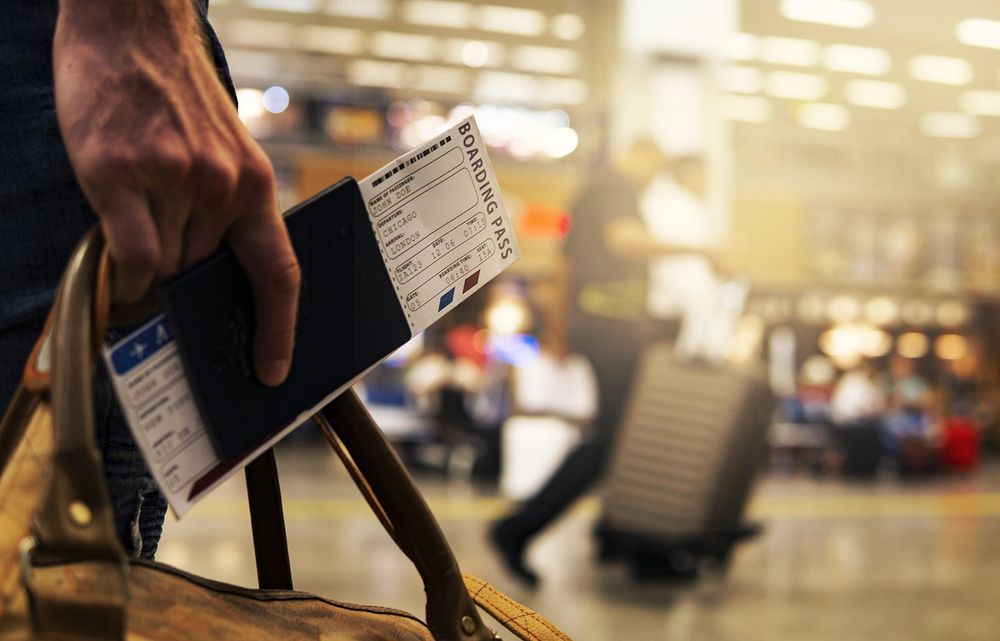




#eurasianborderlab #borderlabsummerschool #Bishkek2025

#EurAsianBorderLab #BorderStudies
#EurAsianBorderLab #BorderStudies
borderlab.eu/news/saatse-...

borderlab.eu/news/saatse-...
But rivers don’t read treaties!

But rivers don’t read treaties!
🔗 borderlab.eu/research-new... (open access)
#EurAsianBorderLab

🔗 borderlab.eu/research-new... (open access)
#EurAsianBorderLab





Gwen Petrina Latenri Tappu, a medical student from #Indonesia, was selected from over 300 global submissions for "Bodies, bytes, and borders."

Gwen Petrina Latenri Tappu, a medical student from #Indonesia, was selected from over 300 global submissions for "Bodies, bytes, and borders."


PGSG’s Early Career Article Workshop puts you in conversation with other political geographers working through the same struggles.

PGSG’s Early Career Article Workshop puts you in conversation with other political geographers working through the same struggles.

🔗https://borderlab.eu/estonia-news/estonia-installs-gates-and-barriers-at-narva-border-bridge/
#borderstudies

🔗https://borderlab.eu/estonia-news/estonia-installs-gates-and-barriers-at-narva-border-bridge/
#borderstudies


Full spotlight👇
borderlab.eu/blog/the-big...
#eurasianborderlab #borderstudies #visualanthropology


Full spotlight👇
borderlab.eu/blog/the-big...
#eurasianborderlab #borderstudies #visualanthropology
📸 Karin Dean with one of the conference organisers and an old schoolmate, Professor Eiki Berg.

📸 Karin Dean with one of the conference organisers and an old schoolmate, Professor Eiki Berg.
👇
borderlab.eu/blog/belongi...

👇
borderlab.eu/blog/belongi...
Eur-Asian Border Lab core member Jussi P. Laine has contributed to a newly published Geopolitical Forum in the journal #Geopolitics, alongside 12 scholars from around the globe.
📖Dive in: borderlab.eu/news/geopoli...
#eurasianborderlab #borderstudies

Eur-Asian Border Lab core member Jussi P. Laine has contributed to a newly published Geopolitical Forum in the journal #Geopolitics, alongside 12 scholars from around the globe.
📖Dive in: borderlab.eu/news/geopoli...
#eurasianborderlab #borderstudies



#eurasianborderlab #borderlabsummerschool #Bishkek2025




#eurasianborderlab #borderlabsummerschool #Bishkek2025

